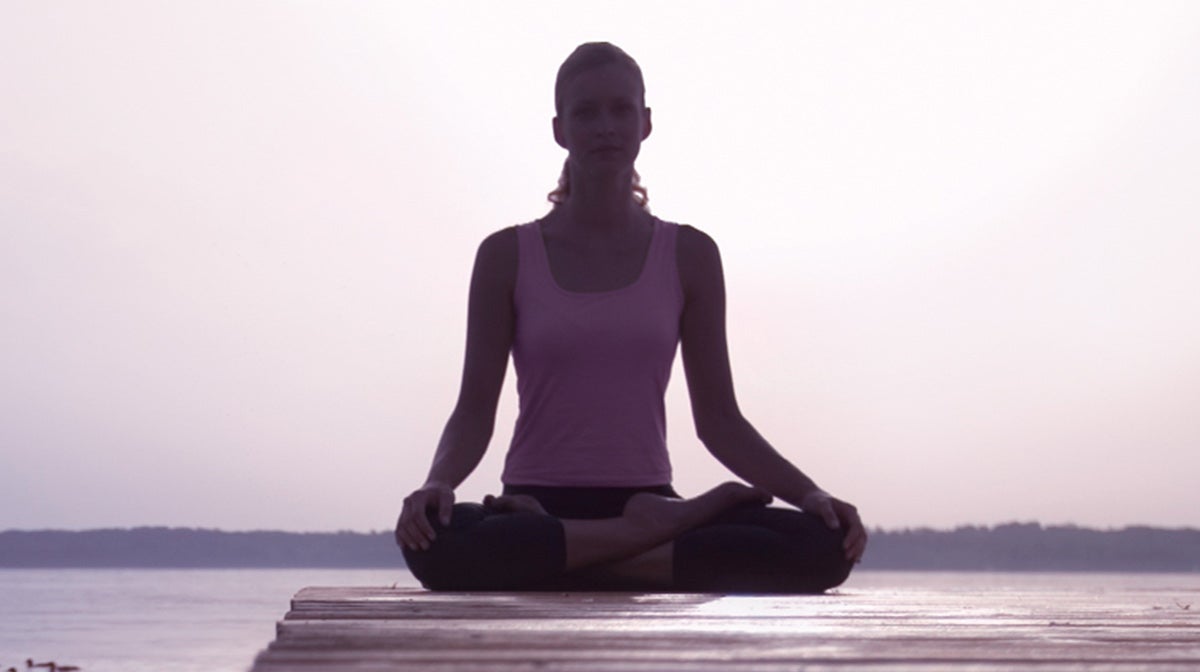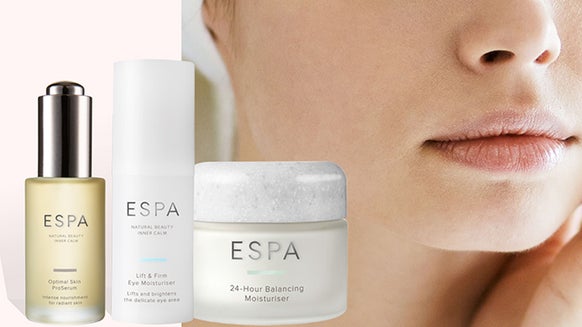Why Meditate?

An act of mindfulness, meditation is an aid to inner calm and happiness, and a great way to relieve and cope with stress and anxiety –caring for both mental and physical wellbeing.
Bringing awareness to negative thoughts and energy in order to rid you of them – quietening the mind for greater focus and productivity. Elevating the stresses that can fog your thoughts, meditation can help priorities a busy day or aid a restful night’s sleep.
With the reasons for meditation plentiful, and a practice of many successful people, often it comes down to the individual and what they’re hoping to achieve.
Relaxing the senses to help you to stay centred when you feel stress, meditation has been proven to:
- Lower blood pressure
- Lower heart rate
- Lower blood cortisol levels
- Improve blood circulation
- Improve feelings of wellbeing
- Improve positivity
- Aid deeper relaxation
- Reduce symptoms of stress and anxiety
- Manage pain
How to Meditate
Taking as little as 5 minutes to perform, you can start to practice meditation in the following way:
- Sit or lie comfortably somewhere quiet and warm – with no disruptions
- Close your eyes
- Breath simply and naturally
- Focus your attention on your breath and how your body moves with each inhalation and exhalation – observing your chest, shoulders and abdomen
- If your mind wanders, return your focus back to your breath
Maintain this practice for 2 to 3 minutes to begin with, then try for longer periods.








